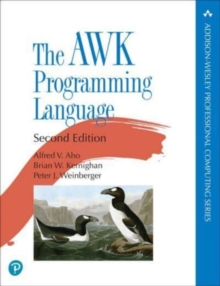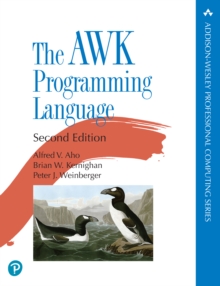
Design Patterns : Elements of Reusable Object-Oriented Software EPUB
by Erich Gamma, Richard Helm, Ralph Johnson, John Vlissides
Part of the Addison-Wesley Professional Computing Series series
EPUB
Description
The Gang of Four's seminal catalog of 23 patterns to solve commonly occurring design problems
Patterns allow designers to create more flexible, elegant, and ultimately reusable designs without having to rediscover the design solutions themselves. Highly influential, Design Patterns is a modern classic that introduces what patterns are and how they can help you design object-oriented software and provides a catalog of simple solutions for those already programming in at last one object-oriented programming language.
Each pattern:
- Describes the circumstances in which it is applicable, when it can be applied in view of other design constraints, and the consequences and trade-offs of using the pattern within a larger design
- Is compiled from real systems and based on real-world examples
- Includes downloadable C++ source code that demonstrates how patterns can be implemented and Python
From the preface: "Once you the design patterns and have had an 'Aha!' (and not just a 'Huh?') experience with them, you won't ever think about object-oriented design in the same way. You'll have insights that can make your own designs more flexible, modular, reusable, and understandable - which is why you're interested in object-oriented technology in the first place, right?"
Information
-
Download - Immediately Available
- Format:EPUB
- Pages:416 pages
- Publisher:Pearson Education
- Publication Date:31/10/1994
- Category:
- ISBN:9780321700698
Other Formats
- Hardback from £40.85
- Paperback / softback from £41.25
- Multiple-component retail product from £67.55
- PDF from £23.66
- CD-ROM from £39.49
Information
-
Download - Immediately Available
- Format:EPUB
- Pages:416 pages
- Publisher:Pearson Education
- Publication Date:31/10/1994
- Category:
- ISBN:9780321700698










